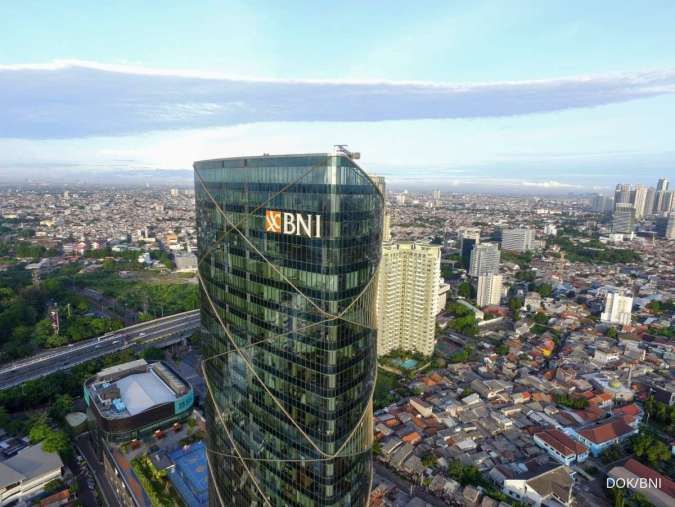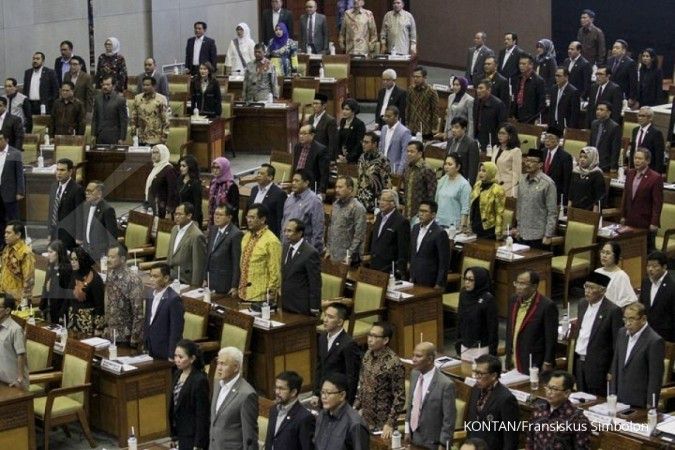JAKARTA. The House of Representatives approved late on Thursday a long overdue election bill, which now only awaits the President’s signature to become law. The passed bill maintains a minimum requirement for political parties to nominate presidential candidates – a key decision that serves as a victory for President Joko "Jokowi" Widodo. After hours of lobbying, lawmakers gave up on trying to reach a consensus. Of all the items in the bill, nothing attracted a greater share of interest or caused more bickering than the presidential threshold, the minimum percentages of support required by political parties to nominate presidential candidates.
Presidential threshold intact
JAKARTA. The House of Representatives approved late on Thursday a long overdue election bill, which now only awaits the President’s signature to become law. The passed bill maintains a minimum requirement for political parties to nominate presidential candidates – a key decision that serves as a victory for President Joko "Jokowi" Widodo. After hours of lobbying, lawmakers gave up on trying to reach a consensus. Of all the items in the bill, nothing attracted a greater share of interest or caused more bickering than the presidential threshold, the minimum percentages of support required by political parties to nominate presidential candidates.



